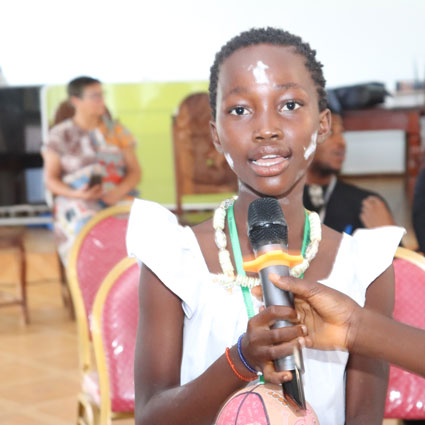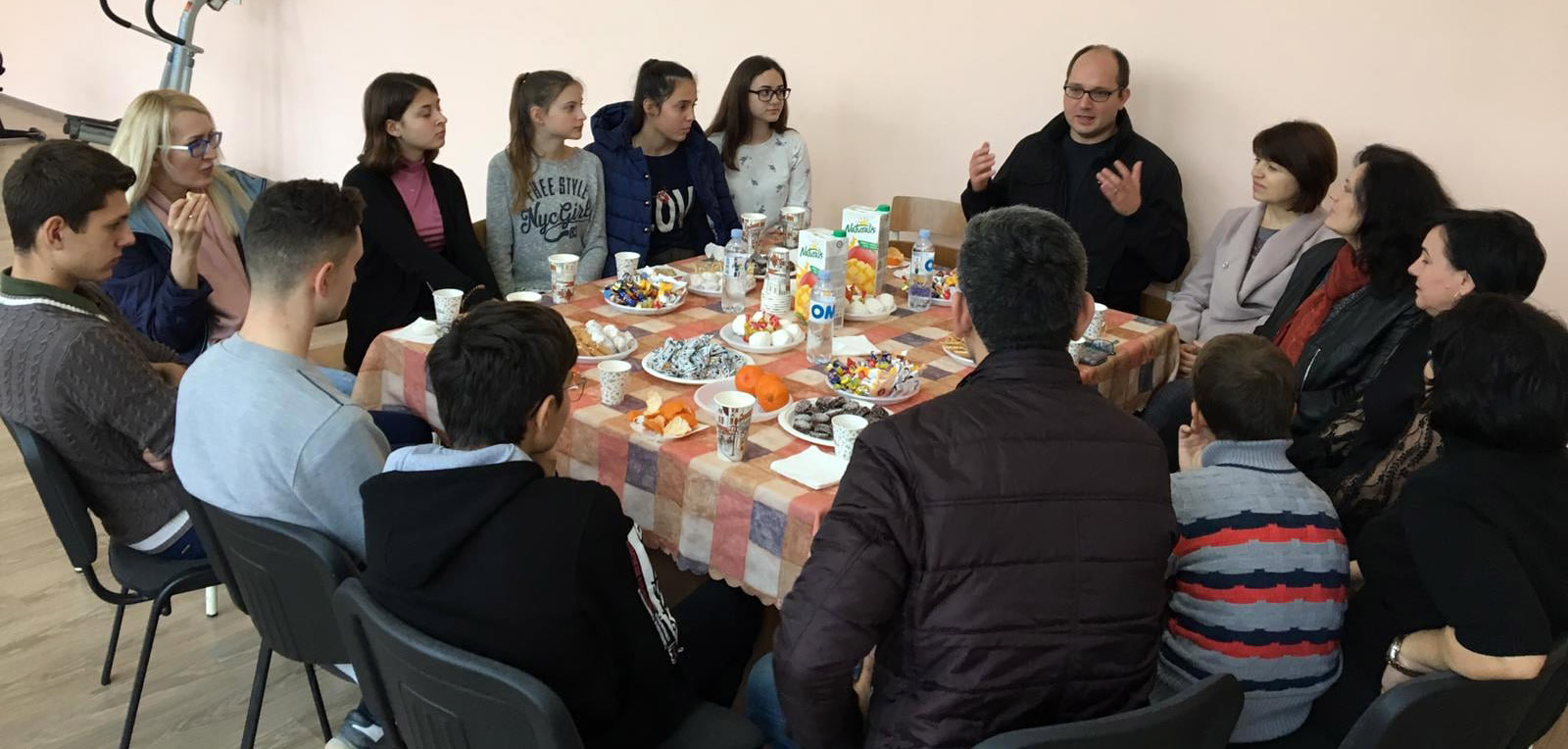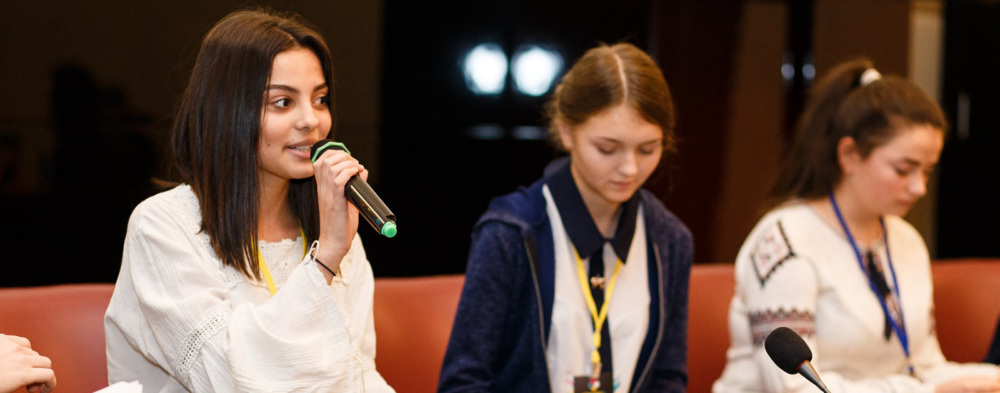
Education
Education, Youth power
Our partner Institute for Rural Initiatives (IRI) started 15 years ago as Ograda Noastra (Our Yard) in the small city of Cahul in southwestern Moldova. IRI focuses on building civic culture and increasing economic opportunities for children and families in Moldova’s poorest communities, which means rural communities.
Moldova is the most rural country in Europe. Even on a day like today in November, which is foggy and cold, the rolling ridges and small villages that dot the landscape are undeniably beautiful, but the level of poverty is also very clear. IRI knows that the future of Moldova depends on the development of these rural areas, no matter where they are located.
IRI is a good example of an organization that is constantly learning – they have adapted their approach to community development over time. Different villages, different kids, and different mayors and school administrators have different identities, and IRI staff have become quite effective at building relationships and at quickly identifying ways to begin those relationships.
And they’ve also learned to be patient. IRI Co-Executive Directors Tatiana Costev and Ruslan Stanga explain to me before we visit Gaidar, our first village of the day, “When we first came to see this community five years ago, they thought we were American spies.”
But what I saw today was a relationship built on respect and trust. We met with the mayor, youth leaders, and other town officials. As we talked about the possibilities for rural tourism and ideas for youth activities, more officials from the town and neighboring towns kept arriving, warmly greeting Tatiana and Ruslan.
[image_caption caption=”Joe meets with youth leaders in Baurci, Moldova, who raised funds to turn part of a community building into a youth gym.” float=””]

[/image_caption]
According to Ruslan and Tatiana, this town of Gaidar has come a long way in five years. Gaidar is located in Gagauzia, an autonomous region in southern Moldova that has a different ethnic mix than the rest of the country. Ruslan explains to me that Gagauzia has often been overlooked by government programs and aid and ethnic Gagauz are frequently the target of political and economic discrimination.
But for Ruslan and Tatiana, to have any hope of building a prosperous Moldova, all regions of the country must have access to the same human rights and resources as other parts of the country. When people ask why IRI is working to support Gagauz communities, he tells them simply, “Because we are all Moldovans.”
In Gaidar, as a part of their diverse approach to community development, IRI encouraged local youth to apply for small grants and use them to improve the town’s green space. And the town officials are very open to Tatiana’s and Ruslan’s recommendations for challenging themselves and setting ambitious goals for the town’s development.
In my experience traveling for twenty years in the former Soviet Union, the town officials’ openness and willingness to work hard to raise funds to match small grants from IRI is very unusual.
This level of openness was on display again in Baurci, another town in the autonomous region of Gagauzia. In this town, the school kids had received a small grant from IRI and matched that grant in order to renovate a room in the community building that is now used as a youth gym. It looked great. In this meeting, the kids were actively engaging with IRI and me, a clear sign that they are developing as community leaders and have already changed their community into a better place to live.
Header photo: Young people present their stories at the first Rural Youth Congress of the Republic of Moldova, an event organized by the Institute for Rural Initiatives in November 2019. © Institute of Rural Initiatives
